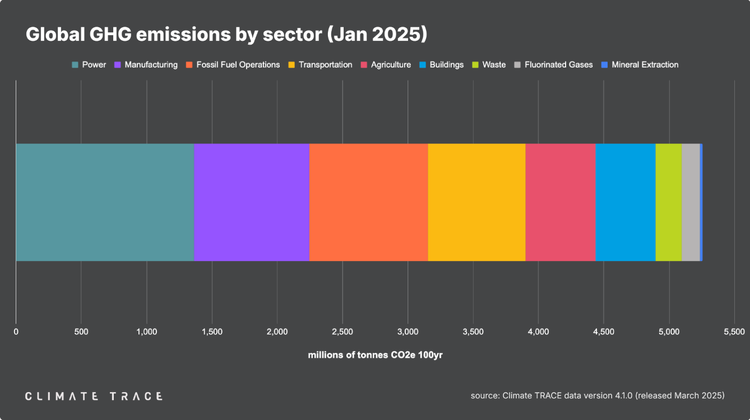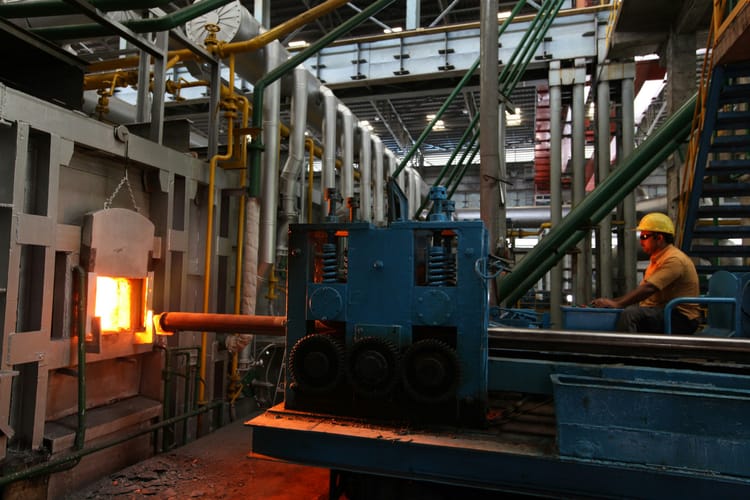Global aviation body adopts 5% decarbonisation target to support SAF development

The International Civil Aviation Organisation’s 193 member states have committed to reducing emissions from the sector by 5% by 2030, as part of a new global sustainable aviation fuels framework.
Aviation accounted for 2% of global greenhouse gas (GHG) emissions in 2022 at around 800 million tonnes of CO2 – yet there is currently no viable option to reduce this footprint. Sustainable aviation fuel (SAF) and lower-carbon aviation fuels (LCAF) are seen as essential to help the sector decarbonise, but current production levels are still extremely low, at only 0.2% of all aviation fuel use.
What is sustainable aviation fuel (SAF)?
Sustainable aviation fuel (SAF) can be produced from a number of waste sources, including oil and fats, municipal waste and non-food crops such as ethanol, and emits 80% less greenhouse gases than fossil-based jet fuels.
Now, ICAO and its member states have adopted a global framework to support their development which includes “a collective global aspirational vision to reduce CO2 emissions in international aviation by 5% by 2030” – an ambition rumoured to have been lowered from earlier drafts, which called for a 5%-8% reduction.
Still, the framework aims to send a demand signal to accelerate the production of SAF, LCAF and “other aviation cleaner energies across all regions”, and encourage member states to implement supportive local policies – something JetBlue and American Airlines, which have been calling for.
Sustainable aviation framework: IATA reaction
The International Air Transport Association (IATA), a global trade association for airlines, welcomed the adoption of the framework, but made it clear it is now up to governments to deliver supportive policies “that can stimulate production, promote competition, foster innovation, and attract financing”.
“Governments have understood the critical role of SAF to achieve net zero emissions for aviation by 2050. The [framework] agreement signals to the world in no uncertain terms the need for policies that enable real progress. There is no time to lose. IATA now expects governments to urgently put the strongest possible policies in place to unlock the full potential of a global SAF market with an exponential increase in production,” said Willie Walsh, IATA’s Director General.
Airlines hungry for SAF
According to IATA, all the sustainable aviation fuel produced in 2022 was bought, costing airlines around US$500 million more than if they had purchased regular kerosene fuels.
Demand accelerated this year, with US$45 billion of forward purchase agreements, as well as a number of industry firsts: Emirates operated the first flight powered with 100% SAF at Dubai airport last week, and Virgin is preparing to do the same between London and New York on November 28 – the first SAF-powered transatlantic flight.
The main producers of SAF currently include specialised companies such as Gevo, Fulcrum and Neste, but interest from large oil and gas firms is growing fast. As an example, Shell is building an 820,000 tonnes-per-year biofuels facility in Rotterdam and has signed an agreement to blend all jet fuel used at the airport with 8% SAF.
Read also: Airbus appoints its first Chief Sustainability Officer







Member discussion